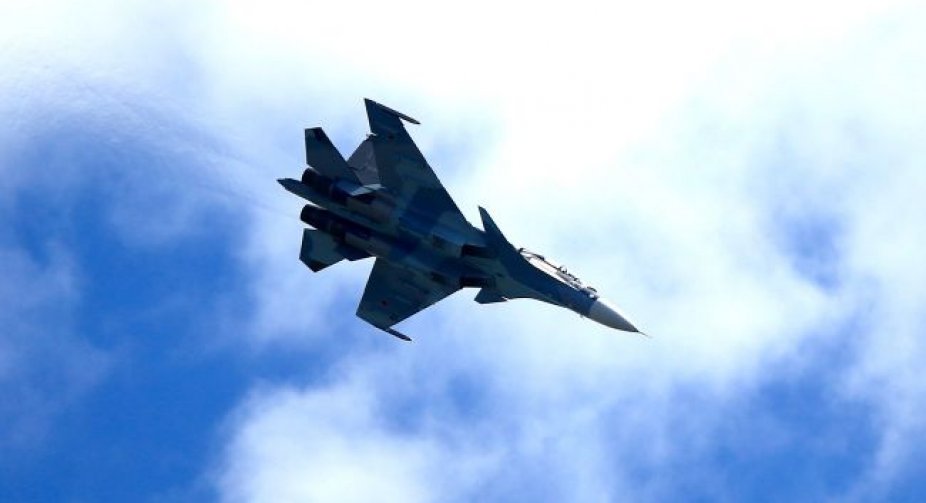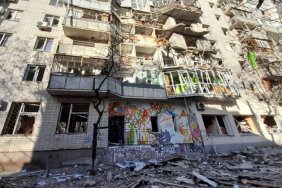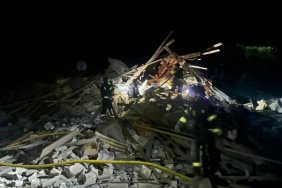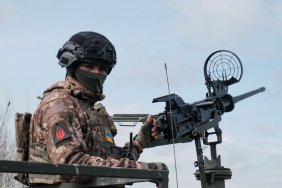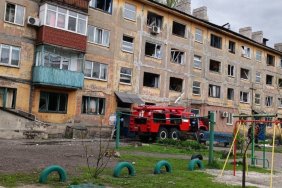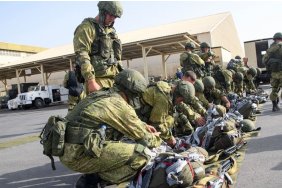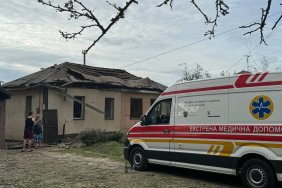Over the weekend, Russian ground and tactical air operations remained focused on the central Donbas sector. In a full-scale invasion, the Russian air force was not effective enough.
The U.K. Ministry of Defense said in a post on Twitter.
"The inability to consistently apply air power is probably one of the most important factors behind the very limited success of the Russian campaign. It cannot achieve complete air superiority and operates in a risk-averse style, rarely penetrating deep behind Ukrainian lines," the report said.
The agency stressed that some of the underlying reasons for the difficulties echoed those of the Russian ground forces.
"Over the years, much of the Russian air force's combat training has likely followed a rigid script and has been designed to impress high-ranking officials rather than to develop a dynamic initiative among the flying personnel," the British intelligence agency suggested.
But while Russia has an impressive list of relatively modern and capable combat aircraft, the Air Force has failed to develop the institutional culture and skills its personnel need to match Russia's desire for a modern Western-style air campaign.
"This has resulted in a larger-than-planned share of the effort falling on ground forces, which are depleted, and on modern cruise missiles, whose stockpiles are likely to run out," the report said.
As a reminder, Russian troops lost 200 of their personnel in the past 24 hours.
In addition, in the south of Ukraine the AFU destroyed enemy equipment, including a howitzer gun, a drone and a tank, as well as dozens of occupants.
